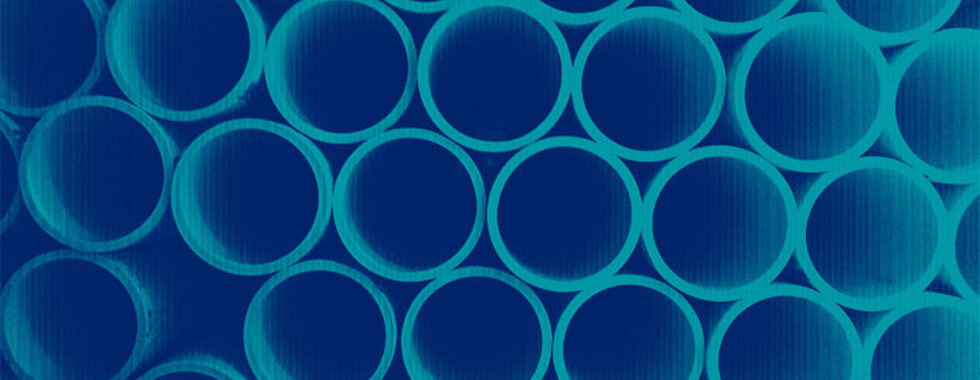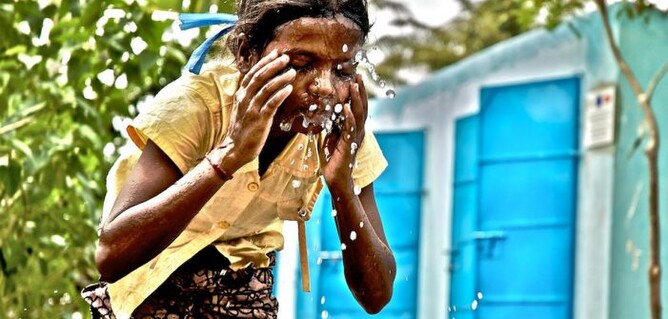Originally posted by Borgen Magazine:
For millions of people around the world, water scarcity is a grave problem that can affect every aspect of daily life. Without clean and plentiful water, crops and animals die, which leads to starvation for the people living in the area. Children do not receive an adequate education because they are required to help their families get drinking water every day. Furthermore, access to basic sanitation is lost, raising the risk of diseases. Companies like Water Unite are trying to reduce water scarcity and pollution around the world.
Water Scarcity
While many experts claim global warming is the culprit for the rise of water scarcity, another long-standing cause has been poverty. The problem has been getting worse in recent years. According to the Food and Agricultural Organization of the United Nations, 1.8 billion people worldwide will be at risk for absolute water scarcity by 2025 while an estimated two-thirds of the population will experience water-stressed conditions.
While water itself isn’t scarce, it covers 70 percent of the planet’s surface, clean and safe water only amounts to about 2.5 percent of that. This leaves the 660 million people worldwide who are living poverty to rely on unsafe water sources with at least 2 billion people lacking access to basic plumbing. Having to depend on unclean water can be deadly, putting those who drink or bathe in it at risk for a variety of waterborne diseases. Many of these diseases, including cholera, malaria and diarrhea, are either easily treated or almost completely eradicated in developed countries. Nevertheless, these illnesses still kill around 3.4 million people globally every year.
Water Unite
In the face of growing water scarcity, a startup from the United Kingdom is preparing to build an unconventional solution. Water Unite was founded in 2017 by Duncan Goose, the CEO of the One Foundation, a water charity that has invested more than $20 million in water sanitation projects worldwide. The startup seeks a solution to water poverty and pollution in the last place many people would think to look: the bottled-water industry.
The plan is to have bottled-water companies and retailers join Water Unite by pledging to redirect a percentage of their revenue – approximately 1 cent for every liter of water they sell – into Water Unite’s projects. The startup then uses this money to help reduce water poverty around the globe by investing in projects to develop safe water sources and working sanitation systems. In addition, the company plans to invest in efforts to reduce plastic pollution by working to build more efficient plastic-waste management systems.
Environmental Potential
By investing in these causes, Water Unite allows companies and retailers to give back. Not only will their money go to provide clean water and sanitation for people who desperately need it but they’ll also be helping to save the environment from plastic pollution. More than 2 million tons of plastic fill landfills in America alone every year. Considering the amount of plastic waste produced by bottled-water companies each year, reducing the harm a company might cause could be an incentive to donate.
In return, companies that donate are allowed to use the Water Unite logo on their bottles, advertising to consumers that they give to charity. The idea is that by seeing that some of their money is going to help millions of people around the world gain access to clean water as well as to undoing some of the damage that bottled water has inflicted on the environment, people will choose to buy their bottled water from those companies. Ultimately, Water Unite aims to create a sustainable system of water and sanitation services, which should be able to function independently within 10 to 15 years.
Economic Potential
Supporters of Water Unite claim that the idea of taking microdonations from bottled water companies has the potential to raise a huge amount of money for sanitation and recycling efforts. They’re not wrong, either. One penny per liter may not seem like much, but it’s more than it sounds. Consumers buy more than 370 billion liters of bottled water every year. If 10 percent of those bottles were sold by companies that had joined Water Unite, the company would be raising about $370 million a year to funnel into sanitation and waste management projects around the world.
The company has a long way to go before that happens; however, plans for the future are bold. So far, Water Unite has outlined plans for three initial programs. These plans include the reinstatement of water security in Cape Town after drought and an initiative to improve waste management systems in Mozambique. There is also a plan to partner with Sanitation for Millions, a multi-donor program with the goal of improving access to sanitation and hygiene for millions of people around the world.
Water Unite is still in the startup phase, and only time will tell if their model is as effective as the company claims it will be. Soon millions of people worldwide may be benefiting from easier access to clean water, improved sanitation systems and a reduction in plastic pollution. And, if things work out, the multibillion-dollar bottled water industry could end up funding the solutions to the very problems it helped to cause.
– Keira Charles

